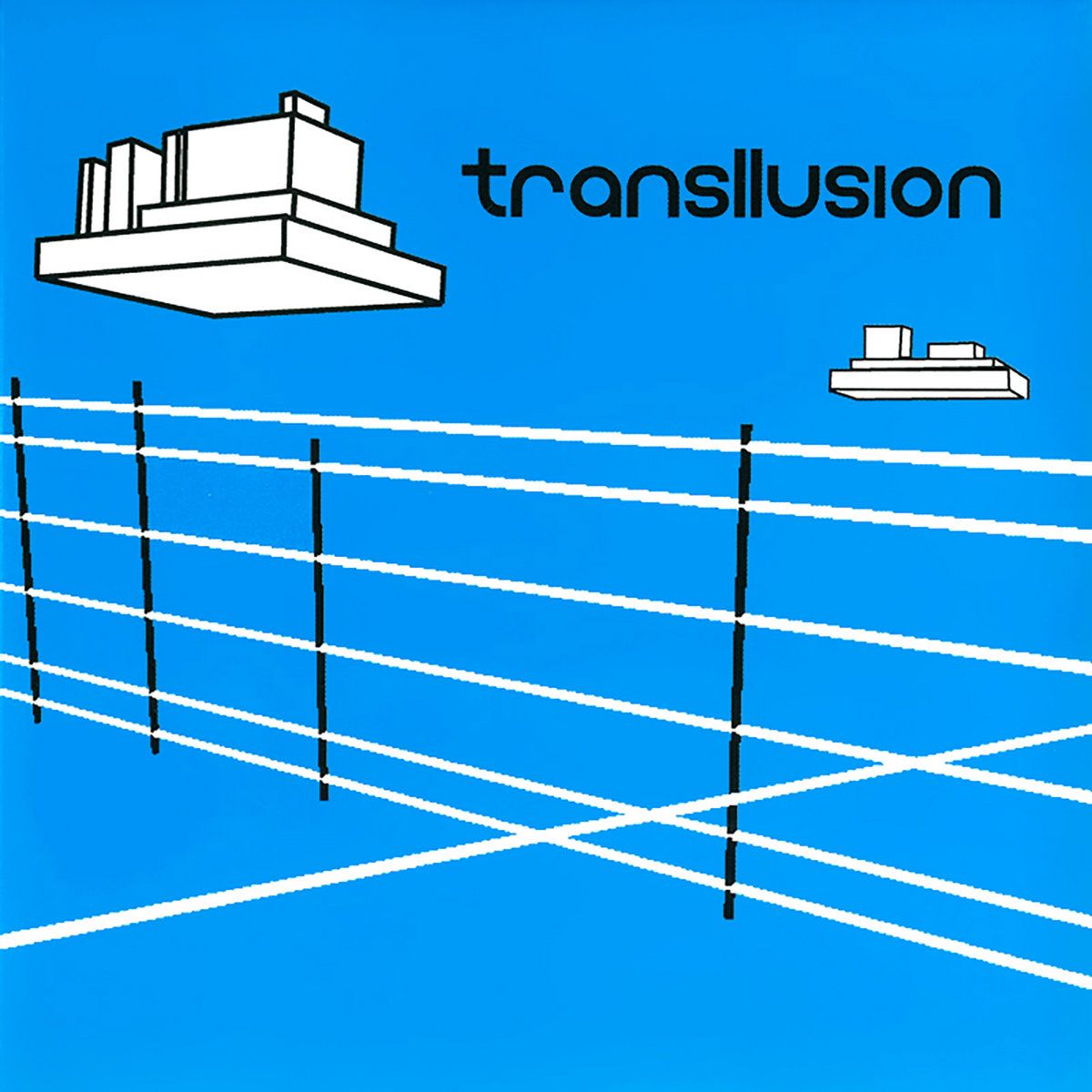The Opening of the Cerebral Gate

Sometimes you put on a record and it opens a door. Sometimes you open a door and there’s a world behind it. Sometimes you step into a new world and when you look back at the world you came from everything is different, transformed by the subtle vibrations of your passage. It’s like lifting a veil. TransIlusion’s The Opening of the Cerebral Gate is one of those records for me, a record that changes everything.
James Marcel Stinson’s work as ½ of Drexciya (with Gerald Donald) is legendary. The subaquatic afrofuturist duo has exerted a steady influence on the expanding universe of electronic music since their arrival on the Detroit techno scene of the early 90s. The mythology that surrounds Drexciya looms so large that it can be easy to miss Stinson’s solo work, hidden as it is within a labyrinth of obscure releases under one-off anonyms: Lab Rat XL, Shifted Phases, The Other People Place, TransIlusion. Digital rereleases from Clone, Warp, and Tresor have made it easier than ever to find these projects, but it still takes a deep dive to get your bearings.
The Opening of the Cerebral Gate was part of a seven album cycle of Drexciya side projects, dubbed the Drexciyan Storm, released between 2001 and Stinson’s untimely death in September 2002. The massive range of these releases, to say nothing of the pace of their production, is disorienting. The storm is vast, but the Cerebral Gate stands out among the dark clouds and roiling waves like a psychedelic bolt of lightning. It pierces. It reveals.
Where other Drexciyan releases are concerned with building a world, the Cerebral Gate simultaneously illuminates and deconstructs that world. The sounds it employs to that end are alien, expansively cosmic even as its themes remain introspective. If Cybotron’s classic Enter/Clear represents the latent promise of psychedelic techno in the Detroit scene of the 1980s, the Cerebral Gate represents the realization of that promise by a luminary of the second wave.
I first heard the Cerebral Gate two decades after its initial release, a relative newcomer to the subterranean networks undergirding the Detroit sound, and it still sounded fresh and new and like nothing I’d ever heard before. This album changed my perspective, not only on the Drexciyan mythology, not only on the history of Detroit techno, but on the possibilities of electronic music now and in the future. It changed the way I listen, and in doing so it changed how I approach my own work as an artist. The Opening of the Cerebral Gate is one of those rare records I can point to and say I wouldn’t be doing what I’m doing now if I hadn’t heard it.
